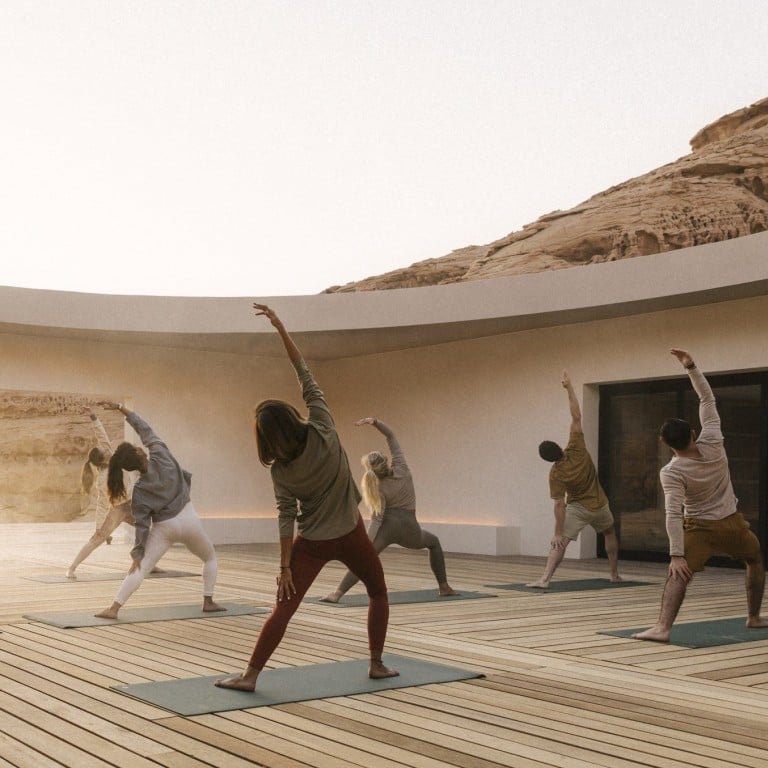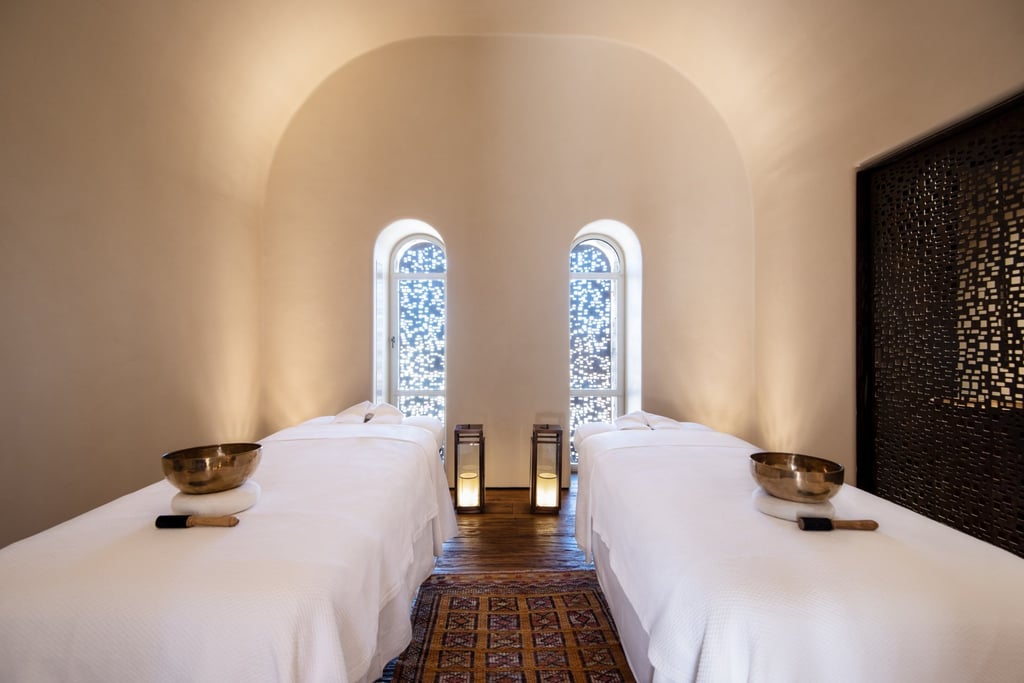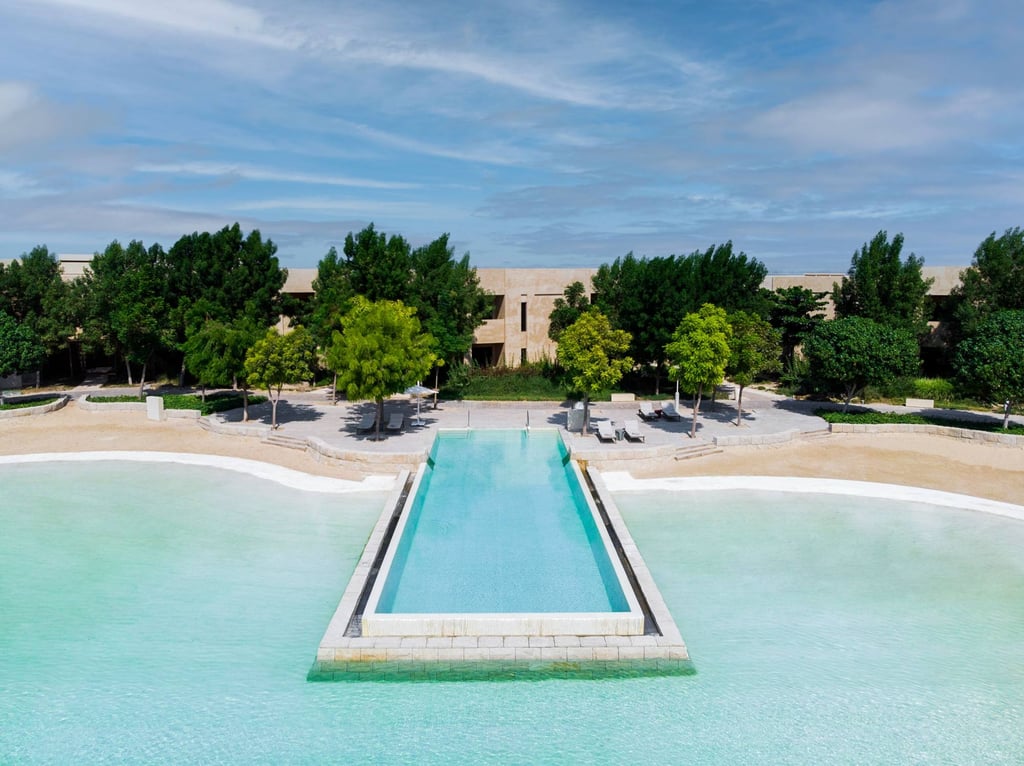Is the Middle East the next big wellness destination? Six Senses and Banyan Tree have opened in the region, with Qatar, Saudi Arabia and Israel leading a millennial moment in global travel

- Six Senses Shaharut, the brand’s first property in Israel, is set in the Arava Valley in the Negev Desert and complements the Six Senses Zighy Bay in Oman
- Habitas and Banyan Tree properties are tucked among the rock formations of Al-‘Ula in Saudi Arabia while Qatar’s Zulal Wellness Resort is managed by the Thai brand Chiva-Som
Next door sits the far larger country of Saudi Arabia, which has also increasingly been promoting itself as an international destination by adding impressive new spa resorts, including the Habitas and Banyan Tree properties tucked among the dramatic wind-sculpted rock formations of Al-‘Ula.

And 2021 saw the opening of Six Senses Shaharut, the sustainability pioneer’s first property in Israel, complementing its much-loved wellness resort in Oman: Six Senses Zighy Bay.
These resorts, harnessing the therapeutic stillness of the desert and channelling age-old local wisdom, are putting the Middle East firmly on the world wellness map.
“The Gulf countries’ serious and ongoing investment in healthcare, plus new travellers who are looking for life-changing, culture-rich, genuine and local experiences, are two coinciding trends that will alter the perception of the Middle East,” states Zulal’s director of health and wellness, Sandie Johannessen.
Zulal takes its name from the Arabic word for spring water, and the resort pays homage to how precious fresh water was to the nomadic tribes who traversed the area in the past, and how restorative it remains today.

The resort is built around two sparkling lagoons, one for its adults-only Zulal Serenity wing and one for its family-focused Zulal Discovery section. Each of the 120 rooms has its own private plunge pool while, throughout the resort, birds flutter through fountains in gardens planted with medicinal plants, where quiet pools provide a still space for reflection. Salt water plays its part, too: the resort is built on the shores of the Persian Gulf, where water meets the sky in an unending expanse of blue.
Local tradition runs through Zulal’s understanding of well-being: the resort is a pioneer in integrating Traditional Arabic and Islamic Medicine (TAIM) throughout its approach to wellness. Traditional Arabic medicine is a mingling of Graeco-Roman, Chinese, Persian and Ayurvedic theories and practices, with some local traditions also including Islamic medical and prophetic influences.
Qatar is setting out to establish itself as a wellness destination to rival the world’s finest